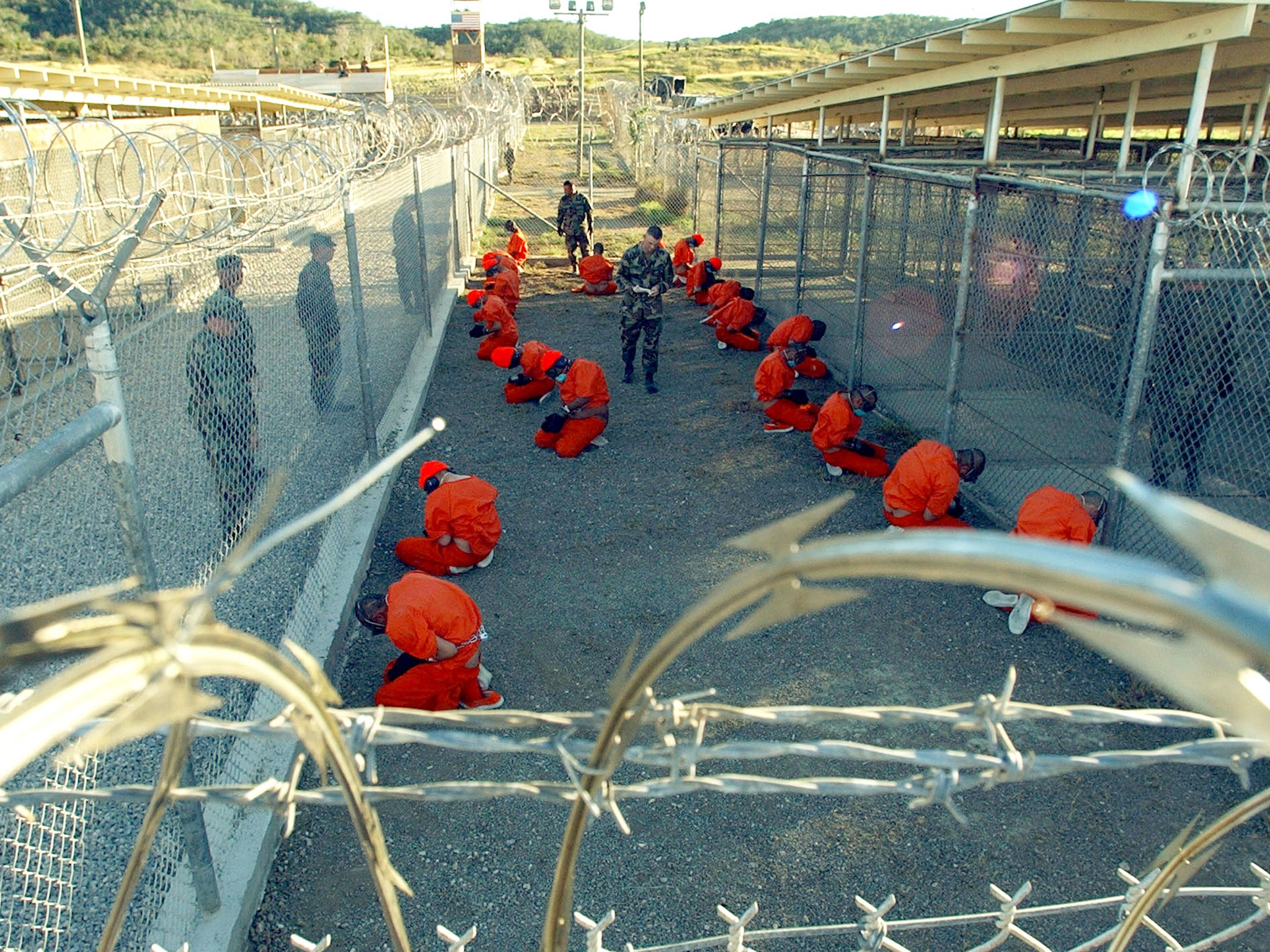Torturers shouldn't walk the streets of America with impunity. But they do
The story of someone I represented in court should give us all serious cause for concern


Today is International Victims of Torture Day. While celebrating the courage and resilience of survivors of torture, we must also acknowledge that the impulse of those in power around the world to impose cruelty, humiliation and pain on those who oppose them is ubiquitous. It is not enough merely to condemn the twisted psyches of those who are driven to dominate other human beings by stripping them of their dignity and taking pleasure in their suffering. The rule of law must supply the moral infrastructure to stop torture.
Torture is a crime under international law, but despite 169 countries ratifying the United Nations Convention Against Torture, 131 countries still continue to torture according to a recent report from a global prison health NGO. Thus, hypocrisy is layered on impunity. Nations piously commit to abstract principles, yet their torturing of prisoners remains an open secret. And in the last 20 years, the United States has forfeited its moral authority on the torture norm through the grotesque images of Abu Ghraib, Dark Prisons, extraordinary rendition to third countries and the continuing stain of Guantanamo Bay. President Trump expresses no inhibitions, proclaiming that torture “absolutely works.”
The Torture Victim Protection Act (TVPA), a little known American statute, is one way for law to bridge the gap between the high principles of the Convention Against Torture and the low practices occurring every day in prison dungeons around the world. Earlier this month, we filed a suit under the TVPA in federal court in Washington on behalf of Mohamed Soltan, an Egyptian-American human rights advocate who was targeted by snipers, shot, arrested and endured nearly two years of torture in the notorious Egyptian torture prison system. Mohamed sued Hazem el-Beblawi, now a senior official at the International Monetary Fund, who served as Prime Minister of Egypt when more than 1,000 peaceful protesters were massacred and thousands more, including Mohamed, were wounded, taken prisoner and brutally tortured in Egyptian prisons. Today, tens of thousands of political prisoners remain subject to torture and extrajudicial killing in Egypt because they lacked Mohamed’s American citizenship.
It is nearly always the case that the victim of torture has no meaningful recourse in his or her own country, where the torture victim’s suffering is denied, covered up or viewed as somehow deserved for offending the purported grandeur of the state. Autocratic states label dissent as terrorism, giving the system a moral green light for draconian measures. Judiciaries in states that torture have little interest in upsetting the status quo or bringing abuses to light.
Mohamed complained about torture to the famous “Hanging Judge,” specially appointed by the President to deal with purported terrorists. The judge paid no attention to these allegations and sentenced Mohamed to life, as well as 549 others to death in a mass trial without lawyers or evidence.
The TVPA was passed in 1991 during the presidency of George H W Bush and reflected a vision of the United States as the leading voice in the world for liberal democracy underpinned by respect for law and the dignity of the individual. While little of that post-Cold War optimism survives, the TVPA remains on the statute books, allowing any victim of torture from anywhere in the world to sue his or her torturer in a United States federal court provided that: the victim has no effective remedy in his or her home country, and the torturer can be made subject to US jurisdiction through contacts with or presence in the US. "Torture" is defined in the TVPA just as in the UN Convention, as “any act directed against an individual in the offender's custody or physical control, by which severe pain or suffering whether physical or mental, is intentionally inflicted on that individual to obtain a confession information or punishment.”
The TVPA is civil, not criminal, but it can impose liability for compensatory and punitive damages on anyone who, under actual or apparent authority of law of any foreign nation, subjects any individual to torture or extrajudicial killing. The TVPA is far from comprehensive, in that it requires the torturer to have some connection to the United States. Not many of the henchmen of Pol Pot or Idi Amin or, today, Abdel Fatah el-Sisi of Egypt are showing up at Disney World or working for the International Monetary Fund. But a surprising number do so, and the US should not be safe space for them.
Today, torture is sadly advancing around the world. Few world leaders have clean hands. Filling that void in some measure, the US civil justice system provides limited but meaningful relief and accountability. The TVPA remains an important beacon and remedy for victims of torture. Torturers should not walk the streets of the United States with impunity.
Join our commenting forum
Join thought-provoking conversations, follow other Independent readers and see their replies
Comments
Bookmark popover
Removed from bookmarks